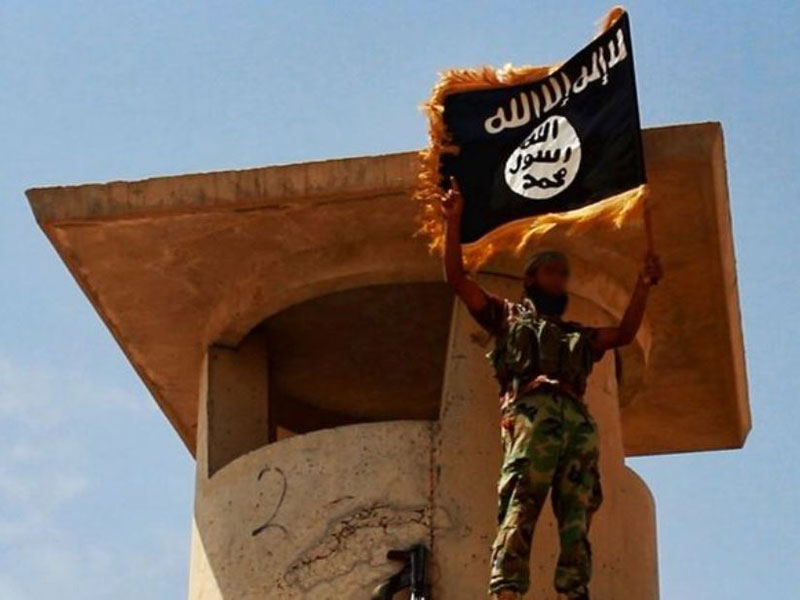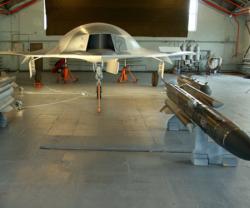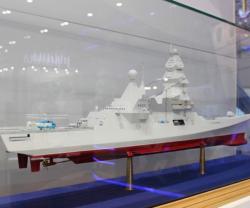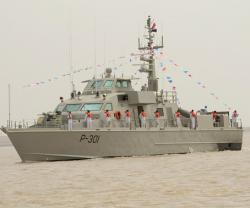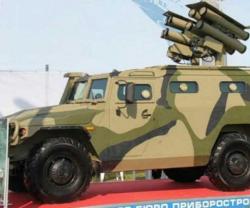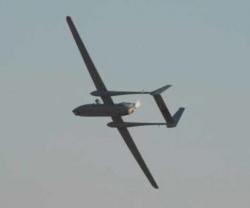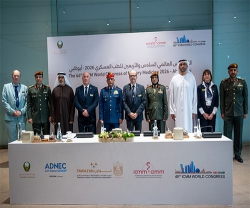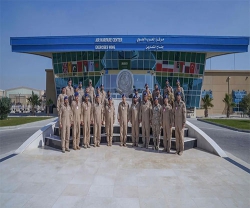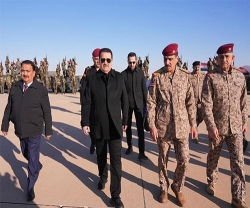In a wide-ranging interview conducted on Friday, Obama also expressed regrets over not doing more to help Libya, pessimism about prospects for Middle East peace, concerns that Russia could invade Ukraine, and frustration that fellow economic superpower China has not stepped up to help.
Obama on Thursday authorized the US military to conduct targeted strikes on Islamic State fighters in northern Iraq, a limited operation designed to prevent what he called a potential "genocide" of a religious sect and also protect American officials working in the country.
But in the interview with Times columnist Thomas Friedman, Obama said the US may eventually do more to help Iraq repel the militant group, which seeks to control its own state.
“We're not going to let them create some caliphate through Syria and Iraq,” Obama said in the interview. “But we can only do that if we know that we have got partners on the ground who are capable of filling the void,” he added.
He praised officials from Iraq's semi-autonomous Kurdish region for being “functional" and “tolerant of other sects and religions” and said the US wanted to help.
“But, more broadly, what I've indicated is that I don't want to be in the business of being the Iraqi Air Force,” he said.
Obama has faced growing criticism for being too reluctant to intervene in thorny foreign policy issues which have piled up under his watch.
He quipped that he sometimes wished the US was more like China: a superpower that no one expects to intervene.
“They are free riders, and they've been free riders for the last 30 years, and it's worked really well for them,” Obama said.
He told the Times that he regretted his government did not do more to help rebuild Libya after NATO-led air strikes in 2011 that toppled Muammar Gaddafi. The nation has been wracked by fighting and chaos.
Obama's administration has also been trying to encourage ceasefires in Gaza between Israel and the Palestinians, and applying economic sanctions against Russia to try to get Moscow to stop supporting separatists in eastern Ukraine.
Source: Reuters; NY Times

